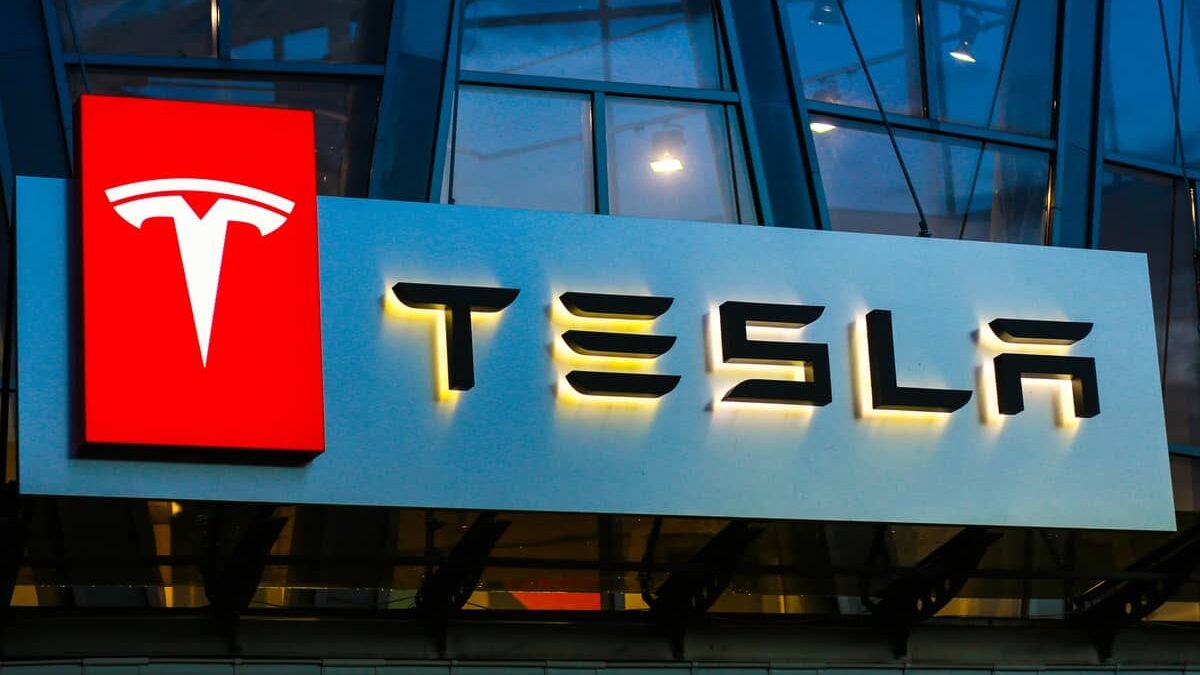An EV revolution in Thailand emerges as Tesla registers, and Chinese investors are also eyeing the country for EV projects.
U.S. EV maker Tesla is expanding globally, and now it is pushing into Thailand. A new document shows that the company has signed up to start selling cars, solar panels, and energy storage systems in the country. The automaker was registered on May 25, with initial registered capital of 3 million baht.
It’s been a while since Tesla moved into a completely new market. They worked hard for years to get into the Indian market, but the automaker put it on hold earlier this month. According to a report, Tesla’s operations in Thailand will be overseen by three primary board members:
- Global Senior Director David Jon Feinstein
- Chief Accounting Officer Vaibhav Taneja
- Tesla Asset Manager Yaron Klein
Registration of Tesla in the country is perfect timing, as Thailand is already pushing the use of electric vehicles. Last March, the government approved a budget of 3 billion baht to subsidize the retail price of EVs for customers in Thailand. The government will also reduce income tax on EVs.
In March of last year, the National EV Policy Committee said that it wanted EVs to make up half of all vehicles made in Thailand by 2030. This was part of a plan to make Thailand a regional hub for making EVs. In February 2022, the cabinet approved a set of incentives for the use and production of EVs between 2022 and 2023. These incentives include tax reductions and other incentives.
Additionally, the Thai electric vehicle strategy is appealing to foreign investors. Now that the country has concrete plans to boost the adoption of electric vehicles, Chinese investors are interested in carrying out electric vehicle (EV) projects in Thailand’s Eastern Economic Corridor (EEC).
According to its site, the EEC is a Thai public agency that aims to encourage and uplift innovation and advanced technology in the country. It serves as a business facilitator that adds value during the whole construction project and works closely and proactively with other public and private sectors to make sure projects succeed.
Nongnuth Phetcharatana, EEC Office’s special adviser of foreign affairs, said that investors want suppliers from China’s auto industry to invest here so that they can serve supply chains. Phetcharatana said, “The Thai EV policy is attractive to foreign investors and, with tax and investment incentive packages, the EEC is regarded as an investment destination,”
According to Phetcharatana, not only are Chinese investors interested in entering the market, but German investors are also expressing their interest in investing in EV battery manufacturing facilities to cater to the increasing demand for electric vehicles. They are also interested in building plastic recycling plants for petroleum products.
Thailand sold more than 750,000 automobiles last year, and this year’s sales are anticipated to increase to between 800,000 and 900,000. We may expect several electric vehicles in their sales by the end of the year now that Thailand is eyed for EV projects.

